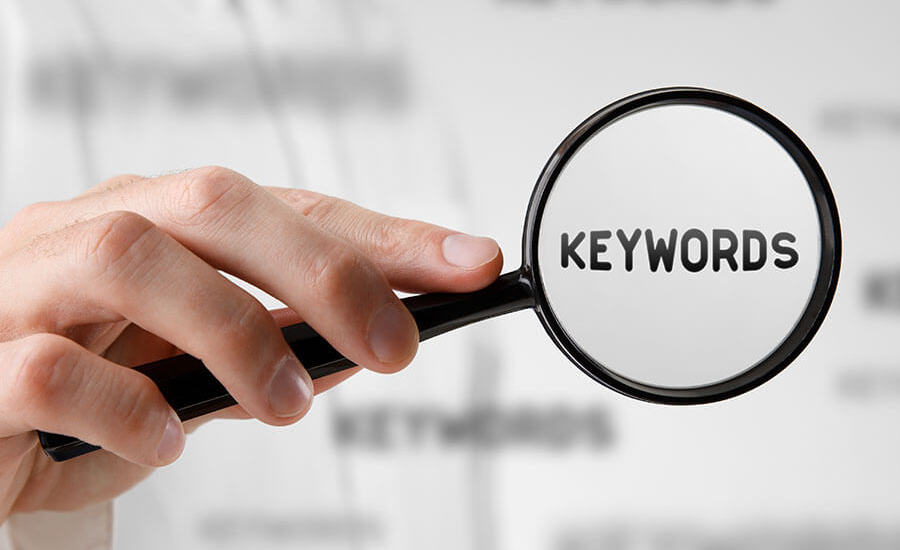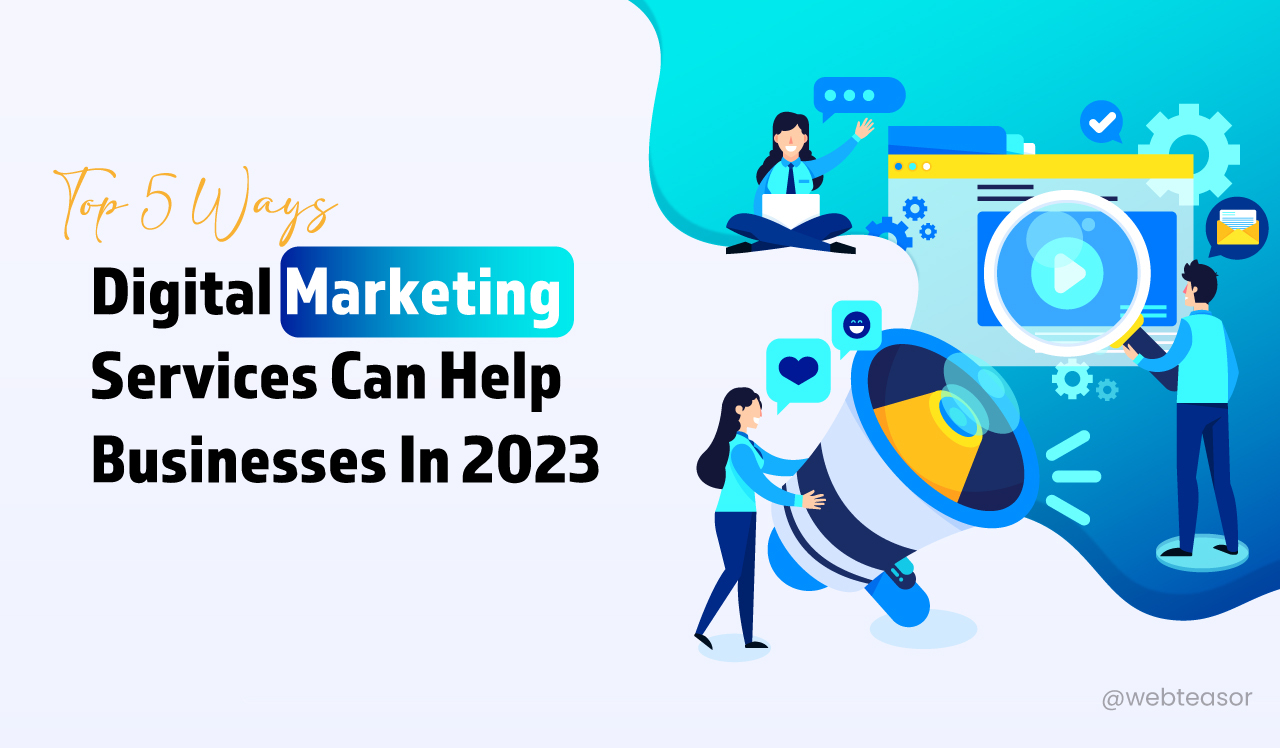Onpage and Offpage SEO are the two main subcategories of your search engine optimization approach. Off-page SEO is on building the authority of your domain through content development and obtaining backlinks from other websites, whereas on-page SEO concentrates on optimizing elements of your website that are under your control. You must have a fundamental understanding of search engine algorithms to differentiate between the two. Let’s discuss it.
What is On-Page SEO?
The different components that are present on the actual pages of your website are together referred to as on-page SEO. It contains things like headers, optimized pictures, alt text, page titles, meta descriptions, and much more.
With on-page SEO, you can employ several strategies to enhance your website’s user experience, make it simpler for search engine bots to access your material, and eventually boost your chances of appearing higher in the SERPs. You must regularly examine, modify, and optimize your pages based on data from Analytics if you want to keep or raise your ranks.
Factors to Consider in On-Page SEO
- URL
The location where a web page is hosted on a site is indicated by the URL. And your web browser’s address bar displays it. A ranking criterion for on-page SEO is having a URL that is search engine friendly.
- Title Tag
The “meta title” is another name for the title tag. It’s the first step you need to do when learning how to add keywords to a website for ranking because it’s the most significant ranking factor for a web page.
- Meta Description
The content on a web page is described in the meta description. It is what is displayed on search engine results pages beneath the title tag (SERPs).
- Headings
The H1 to H6 elements on a web page are referred to as headings. And when rating a web page, search engines give these headers more value than the other content on the page. Include your primary target keyword in the H1 and your secondary keywords in the H2s and H3s as part of a sound on-page SEO Strategy.
- ALT Text
The information included in a picture on the website is described in the ALT text. Adding keywords to the ALT text area can improve how well search engines comprehend the content of your website.
- Page Speed
The speed at which your web pages load before a user may interact with them is referred to as page speed. Because it affects user experience, page speed is significant for on-page SEO.
- Content
The information on your site must be helpful to readers. They should be able to locate what they’re seeking even if their search terms are too narrow to lead them to your website. It must be simple to read and beneficial to the user.
- Structured Data
Structured data augmentation improves Google’s comprehension of a page’s content. To present “rich results” in SERPs, such as a recipe with star ratings or step-by-step directions with an image carousel, Google also makes use of several sorts of structured data.

What is Off-Page SEO?
The activities carried out away from your website that affects search engine results are referred to as “off-page SEO.” Off-site SEO is less under your control because it relies on obtaining links from other websites. For your website to become more relevant, credible, and authoritative, off-page SEO is essential.
Obtaining as many recommendations from websites that are connected to your organization is the aim of effective off-page SEO. The more often your brand is mentioned and the higher-quality links that connect to your website, the more valuable the search engine algorithms will consider your content to be.
Factors to Consider in Off-Page SEO
- Backlinks
The most important aspect of off-page SEO is without a doubt the quantity and caliber of backlinks pointing to your website. Google gives your site greater domain authority when more websites link to your content, which improves your position.
- Social Share
Although a social media post’s interactions aren’t directly related to its page ranking, postings that receive a lot of hits will undoubtedly increase site traffic and encourage link sharing.
- Brand Mentions
Unlinked references to your company on other websites are known as brand mentions. In the future, as links lose importance, simply having your company’s name or website address stated on a page without a hyperlink may become a more effective kind of off-page SEO.
- Page Authority
Page Authority, sometimes known as PA, is a statistic used to rank specific web pages inside a domain. The likelihood that a website will appear in organic search results increases with the value.
Conclusion
For internet businesses to receive significant traffic, both on-page and off-page SEO are essential. You must comprehend the distinction between on-page SEO efforts and off-page SEO work, as well as how to use both in your marketing efforts.
Still, wondering about Onpage vs Offpage SEO? Reach out to Webteasor Technologies and our experts will assist you!
 +971 5858 36655
+971 5858 36655 +61 424 953 515
+61 424 953 515 +91 83607 42383
+91 83607 42383





 Our Team
Our Team Web Development
Web Development Web Designing
Web Designing Graphic Design
Graphic Design Content Writing
Content Writing App Development
App Development SEO
SEO PPC Management
PPC Management Digital Marketing
Digital Marketing